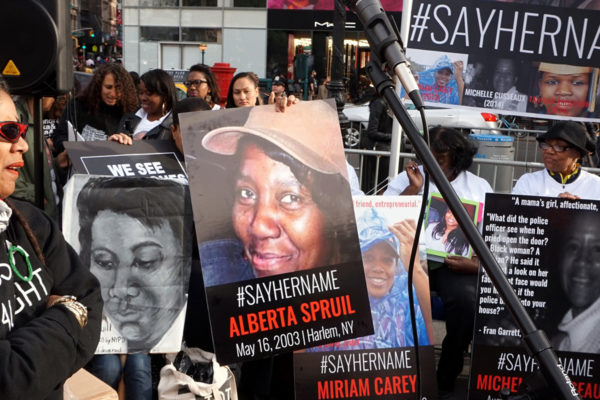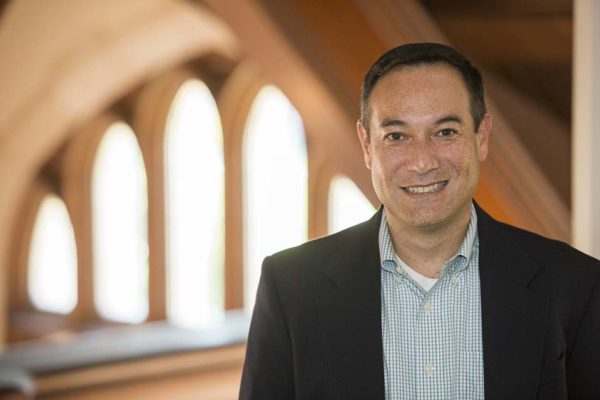Police kill unarmed blacks more often, especially when they are women, study finds
Blacks, especially women, are more likely to have been unarmed when killed by police than non-blacks, and that risk appears to increase in police departments with a greater presence of non-white officers, according to a new study of nationwide data from Washington University in St. Louis. The study is the first in a series of reports from the ongoing Fatal Interactions with Police (FIPS) research project, which includes contributions from public health and biostatistics experts at hospitals and universities.
Board of Trustees grants faculty appointments, promotions
At the Washington University in St. Louis Board of Trustees meeting Oct. 6, a number of faculty members were appointed with tenure or promoted with tenure, generally taking effect that day.
Who Knew WashU? 2.6.18
Question: How many glass panels make up the atrium roof of Bauer Hall?
Honoring St. Louis’ Olympic legacy
Washington University in St. Louis will add another architectural jewel to its historic campus later this year when an Olympic Rings “Spectacular,” a five-ring sculpture, is installed at the end of Olympian Way, on the southwest corner of the Danforth Campus.
A new tool to study Huntington’s disease
Scientists at the School of Medicine have transformed skin cells from patients with Huntington’s disease into the type of brain cell affected by the disorder. This offers a new tool to study the degenerative and eventually fatal neurological condition.
The View From Here 2.5.18
Images from in and around the Washington University campuses.
Series to focus on ‘Religion and Politics in an Age of Fracture’
Bridging divisions in religion and politics will be the topic of a series of interdisciplinary panels, beginning Tuesday, Feb. 6, sponsored by Washington University in St. Louis’ John C. Danforth Center on Religion and Politics.
Staff invited to participate in passport program
Washington University in St. Louis staff are invited to participate in the university’s many diversity and inclusion programs, including the upcoming Day of Discovery & Dialogue, through the new Staff Passport Program.
DiPersio to become president of transplantation society
John DiPersio, MD, PhD, director of the Division of Oncology and deputy director of Siteman Cancer Center at Barnes-Jewish Hospital and Washington University School of Medicine in St. Louis, has been elected to the top leadership post in the American Society for Blood and Marrow Transplantation. He will take over the role during the society’s meetings in Salt Lake City later in February.
The importance of cultural intervention in mental health care
The first study to examine the initial impact of a culturally-adapted health care manager intervention aimed at helping Hispanics with serious mental illness, led by Leopoldo Cabassa of the Brown School, finds the intervention shows potential for improving health outcomes for Hispanics.
View More Stories









